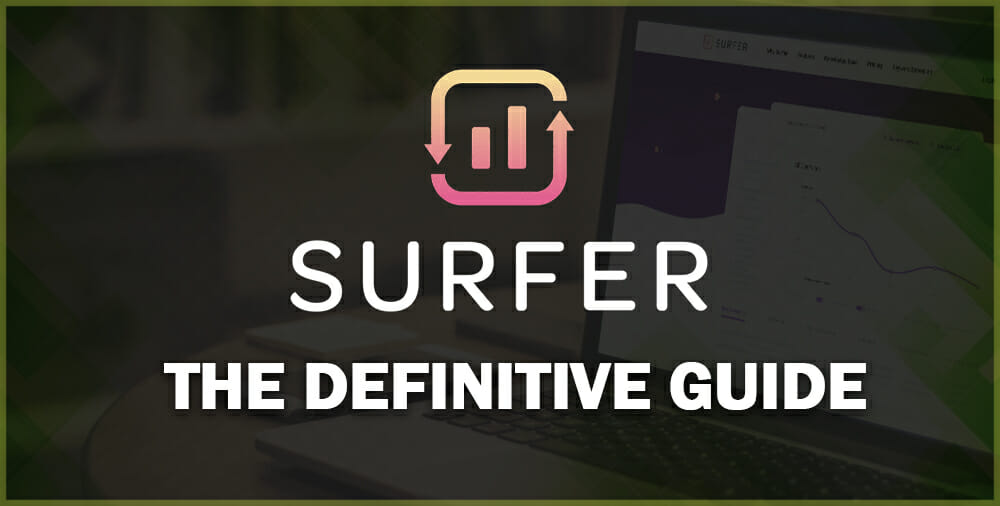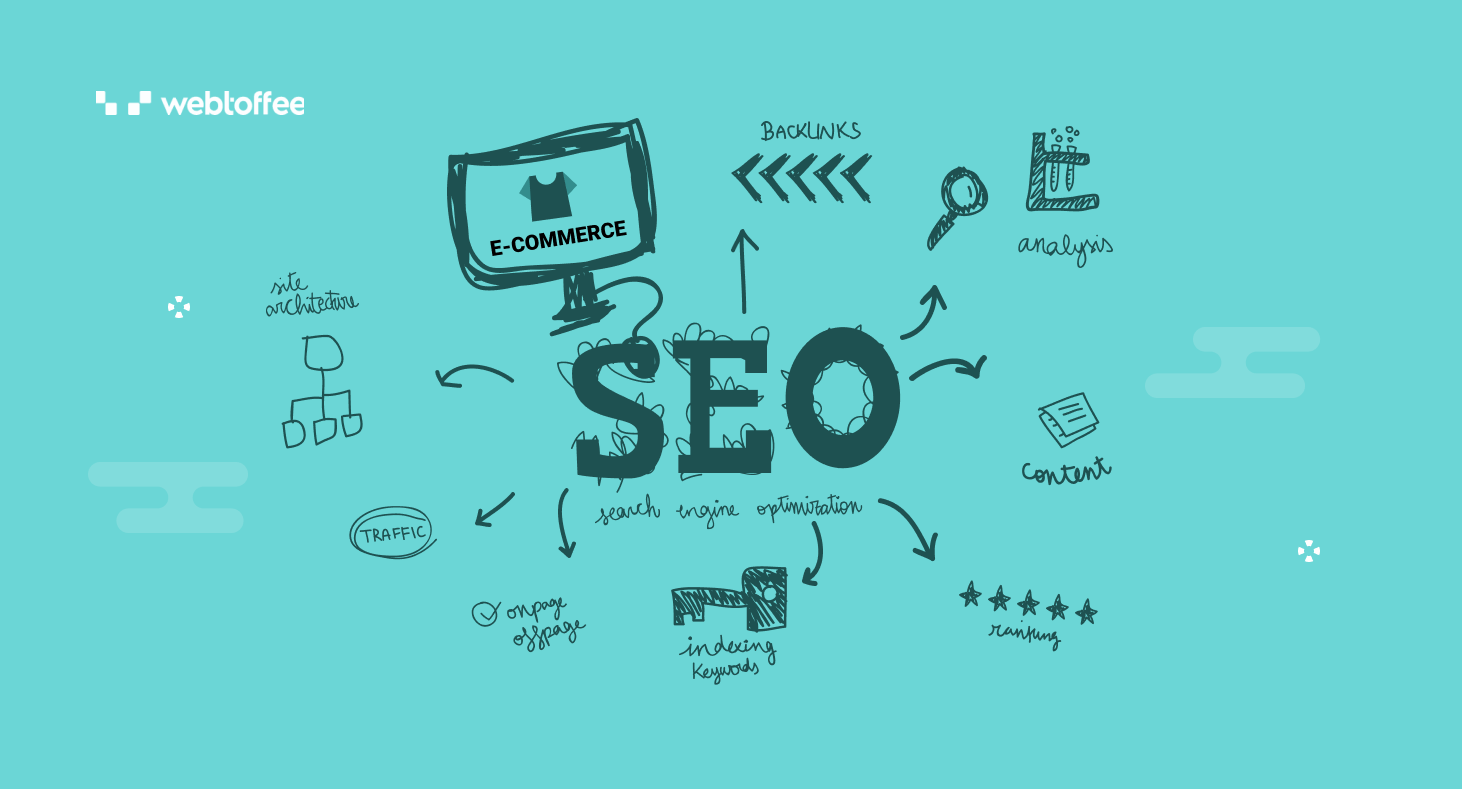Unlocking the Power of Flutter SEO: Enhancing Visibility for Your App
Optimising SEO for Flutter Apps: A Comprehensive Guide
Flutter, Google’s open-source UI software development kit, has gained immense popularity for building high-quality native interfaces on Android and iOS platforms. However, when it comes to Search Engine Optimization (SEO) for Flutter apps, there are specific considerations to keep in mind to ensure your app ranks well in search engine results.
The Importance of SEO for Flutter Apps
SEO plays a crucial role in driving organic traffic to your app. Without proper optimisation, your Flutter app may struggle to appear in search engine results, limiting its visibility and reach. By implementing effective SEO strategies, you can improve your app’s discoverability and attract more users.
Key Strategies for Optimising SEO in Flutter Apps
Metadata Optimisation: Pay attention to meta tags such as title tags, meta descriptions, and keywords. Ensure that these elements accurately reflect the content and purpose of your app.
Structured Data: Implement structured data markup to provide search engines with additional context about your app’s content. This can enhance the appearance of your app in search results with rich snippets.
Mobile-Friendly Design: Since Flutter apps are designed for mobile devices, ensure that your app is responsive and offers a seamless user experience on smartphones and tablets. Mobile-friendliness is a key ranking factor for search engines.
Page Speed Optimisation: Improve the loading speed of your Flutter app by optimising images, reducing server response time, and leveraging caching techniques. Faster loading times not only enhance user experience but also boost SEO performance.
Measuring SEO Performance in Flutter Apps
To track the effectiveness of your SEO efforts in Flutter apps, consider using tools like Google Analytics or Firebase Analytics. Monitor key metrics such as organic traffic, keyword rankings, bounce rate, and conversion rates to evaluate the impact of your optimisation strategies.
In Conclusion
Incorporating SEO best practices into your Flutter app development process is essential for maximising its online visibility and attracting a larger audience. By following these guidelines and staying updated on the latest SEO trends, you can enhance the discoverability of your Flutter apps and drive sustainable growth in organic traffic.
9 Essential SEO Tips for Optimising Your Flutter App
- 1. Use descriptive page titles that include relevant keywords.
- 2. Write concise and informative meta descriptions for each page.
- 3. Optimise images by using descriptive filenames and alt text.
- 4. Create a sitemap to help search engines index your Flutter app’s content.
- 5. Implement structured data to enhance the visibility of your content in search results.
- 6. Ensure fast loading times by optimising code and assets.
- 7. Build internal links within your app to improve navigation and SEO.
- 8. Regularly update your app with fresh content to keep users engaged and attract search engine crawlers.
- 9. Monitor performance using analytics tools to track SEO progress and make necessary adjustments.
1. Use descriptive page titles that include relevant keywords.
To enhance the SEO performance of your Flutter app, it is crucial to use descriptive page titles that incorporate relevant keywords. By crafting informative and keyword-rich page titles, you not only provide users with a clear understanding of your app’s content but also improve its visibility in search engine results. Including relevant keywords in your page titles helps search engines understand the context and relevance of your app, increasing the likelihood of it being displayed to users searching for related topics. This simple yet effective strategy can significantly boost the discoverability and ranking of your Flutter app in search engine listings.
2. Write concise and informative meta descriptions for each page.
When focusing on SEO for Flutter apps, it is crucial to adhere to the tip of writing concise and informative meta descriptions for each page. Meta descriptions serve as a brief summary of the content on a webpage and play a significant role in attracting users by providing them with a preview of what to expect. By crafting clear and relevant meta descriptions tailored to each page within the app, developers can enhance the app’s visibility in search engine results and entice users to click through, ultimately improving user engagement and driving organic traffic.
3. Optimise images by using descriptive filenames and alt text.
When focusing on Flutter SEO, a crucial tip is to optimise images by using descriptive filenames and alt text. By providing meaningful names for image files and adding relevant alt text, you not only improve the accessibility of your app for users with visual impairments but also enhance its SEO performance. Search engines rely on this information to understand the content of images, making it easier for your Flutter app to rank higher in search results and attract more organic traffic.
4. Create a sitemap to help search engines index your Flutter app’s content.
Creating a sitemap for your Flutter app is a crucial step in enhancing its SEO performance. By generating a structured map of all the pages and content within your app, you make it easier for search engines to crawl and index the information effectively. This not only improves the visibility of your app in search results but also ensures that all relevant content is appropriately catalogued, ultimately boosting its chances of ranking higher and attracting more organic traffic.
5. Implement structured data to enhance the visibility of your content in search results.
Implementing structured data is a crucial tip for enhancing the visibility of your content in search results when it comes to Flutter SEO. By incorporating structured data markup, you provide search engines with valuable context about your app’s content, which can lead to improved search result appearances with rich snippets. This not only helps search engines better understand and index your content but also increases the likelihood of attracting users’ attention and driving organic traffic to your Flutter app.
6. Ensure fast loading times by optimising code and assets.
To enhance the SEO performance of your Flutter app, it is crucial to ensure fast loading times by optimising code and assets. By streamlining your code and compressing assets such as images and videos, you can significantly improve the loading speed of your app. Fast loading times not only enhance user experience but also contribute to higher search engine rankings, as page speed is a key factor in SEO algorithms. Prioritising optimisation of code and assets will help your Flutter app deliver a seamless user experience while boosting its visibility in search results.
7. Build internal links within your app to improve navigation and SEO.
Building internal links within your Flutter app is a valuable strategy to enhance both user navigation and SEO performance. By creating a network of interconnected pages or sections within your app, you can improve the user experience by facilitating easy access to relevant content. Additionally, internal linking helps search engines crawl and index your app more effectively, boosting its overall visibility and search ranking. Incorporating well-structured internal links not only streamlines navigation for users but also strengthens the SEO foundation of your Flutter app.
8. Regularly update your app with fresh content to keep users engaged and attract search engine crawlers.
To enhance the SEO performance of your Flutter app, it is essential to follow Tip 8: Regularly update your app with fresh content. By consistently refreshing your app with new and relevant content, you not only keep users engaged and interested but also attract search engine crawlers. Fresh content signals to search engines that your app is active and valuable, improving its chances of ranking higher in search results. Keeping your app up-to-date with quality updates can help boost user retention and organic traffic over time.
9. Monitor performance using analytics tools to track SEO progress and make necessary adjustments.
Monitoring the performance of your Flutter app using analytics tools is a critical tip to track SEO progress and make essential adjustments. By leveraging tools like Google Analytics or Firebase Analytics, you can gain valuable insights into key metrics such as organic traffic, keyword rankings, and user engagement. This data allows you to evaluate the effectiveness of your SEO strategies and identify areas for improvement. Regular monitoring and analysis enable you to adapt your approach, refine your tactics, and ultimately enhance the visibility and success of your Flutter app in search engine results.







